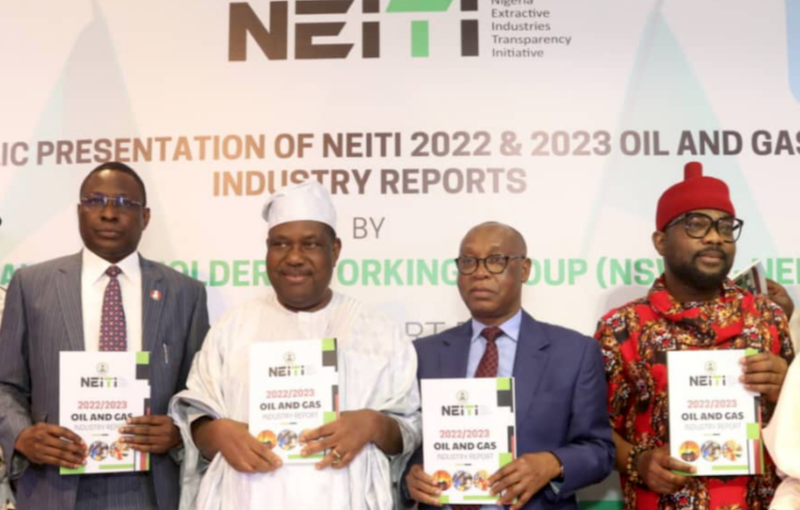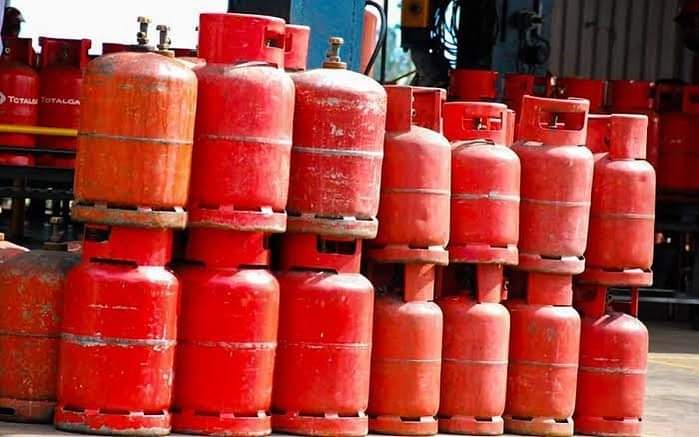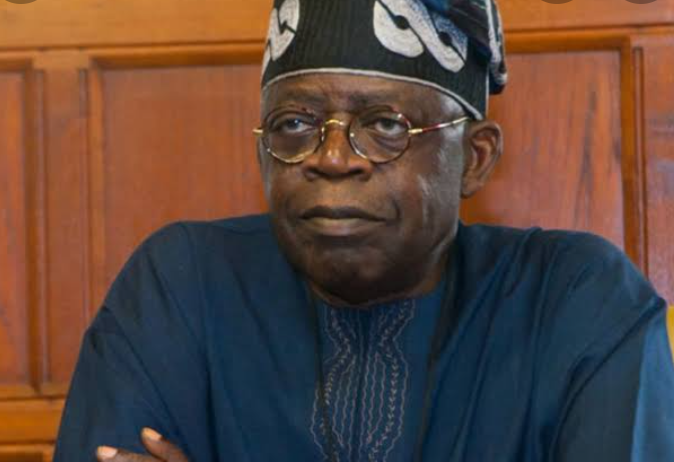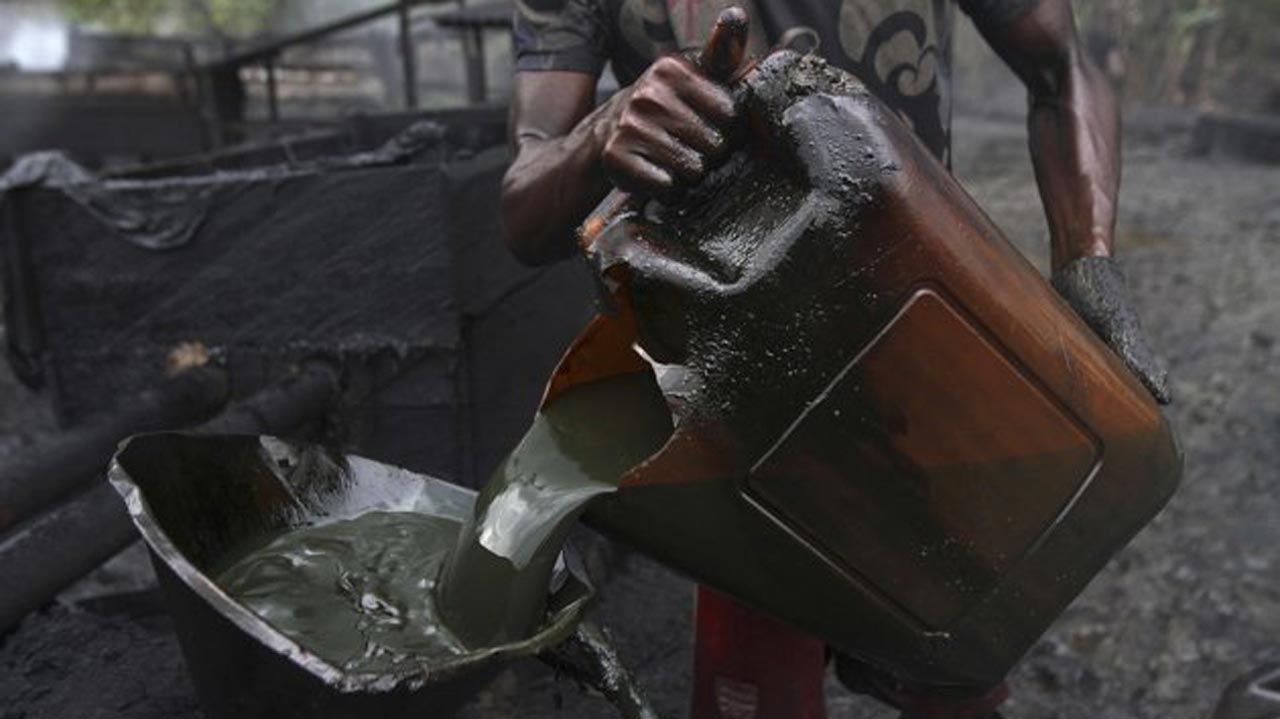Plans are underway to recover $6 billion and an additional N66 billion owed to the Federal Government by stakeholders in the oil sector.
Mr Ogbonnaya Orji, the Executive Secretary of the Nigeria Extractive Industries Transparency Initiative (NEITI), stated this on Monday in Abuja.
He was speaking at the 2025 budget defence session organised by the House of Representatives Committee on Petroleum Resources (Upstream).
Orji revealed that NEITI was collaborating with the Economic and Financial Crimes Commission (EFCC) to recover the funds into government coffers.
The executive secretary noted that, according to the 2020 and 2021 reports, over $3.7 billion was recovered into government coffers as outstanding liabilities from companies operating in the sector.
He explained that NEITI was established to promote transparency and accountability in the Nigerian oil and gas, as well as the mining sector.
Orji said the agency had been allocated a budget of N6.5 billion for the 2025 financial year, comprising N2.220 billion for personnel, N1.722 billion for overhead, and N2.575 billion for capital projects.
Orji outlined some of the critical activities to be undertaken in the year.
They include conducting industry reports on the oil, gas, and mining sector, as well as fiscal allocation and statutory disbursement audits.
He added that research studies would be conducted on the actual volume of PMS consumed in Nigeria.
According to him, it will also indicate the economic impact of energy transition, and a national perception survey of EITI implementation in Nigeria.
During the budget defence session, Rep. Kafilat Ogbara (APC-Lagos) emphasised the need for government agencies to ensure that their budget proposals comply with the specified line items.
She expressed concern over the N32 million allocated for meals in the 2025 budget, stating that it was excessive, especially during a time of economic hardship.
“Most of our agencies should ensure that what they are bringing as budget proposal must actually tally with the line item and the purpose why you want to use such funds.
“Let us not just see budget defence as, ‘the money is there and we should share it. So, let us see how to get our own share’,” she said.
Rep. Ademorin Kuye (APC-Lagos) also stressed the importance of considering the economic situation in the country when preparing the annual budget.
He noted that the public perceives the National Assembly as a rubber stamp that approves anything presented by government agencies.
The Chairman of the Committee, Rep. Alhassan Doguwa, faulted the language used in the budget preparation.
He also faulted the inclusion of the National Assembly as beneficiaries of the agency’s welfare package.
Doguwa emphasised that the committee’s primary concern was the welfare of the Nigerian people.
He said the agencies must be mindful of their expenditure of public resources.
“While I agree that the budget stops at our desk and you are just presenting a proposal, I will like to say that the economy is actually bad.
“The population of people for whom we are actually here are crying out. Agencies of government must be mindful of what they spend out of public resources on.
“All these proposals are going to be spent at the expense of the Nigerian people.
“Sometimes, we come to make presentations here that sounds funny and very insultive in the eyes of the people.
“Especially, when you say in your projection things like welfare package in form of ex-gratia, health insurance, welfare packages to staff and some critical stakeholders,” he said.
Doguwa, however, assured the committee’s readiness to support the agency in actualising its mandate.
“Your agency is a critical one and the legislature was appreciative of the work that you are doing,” he said.









